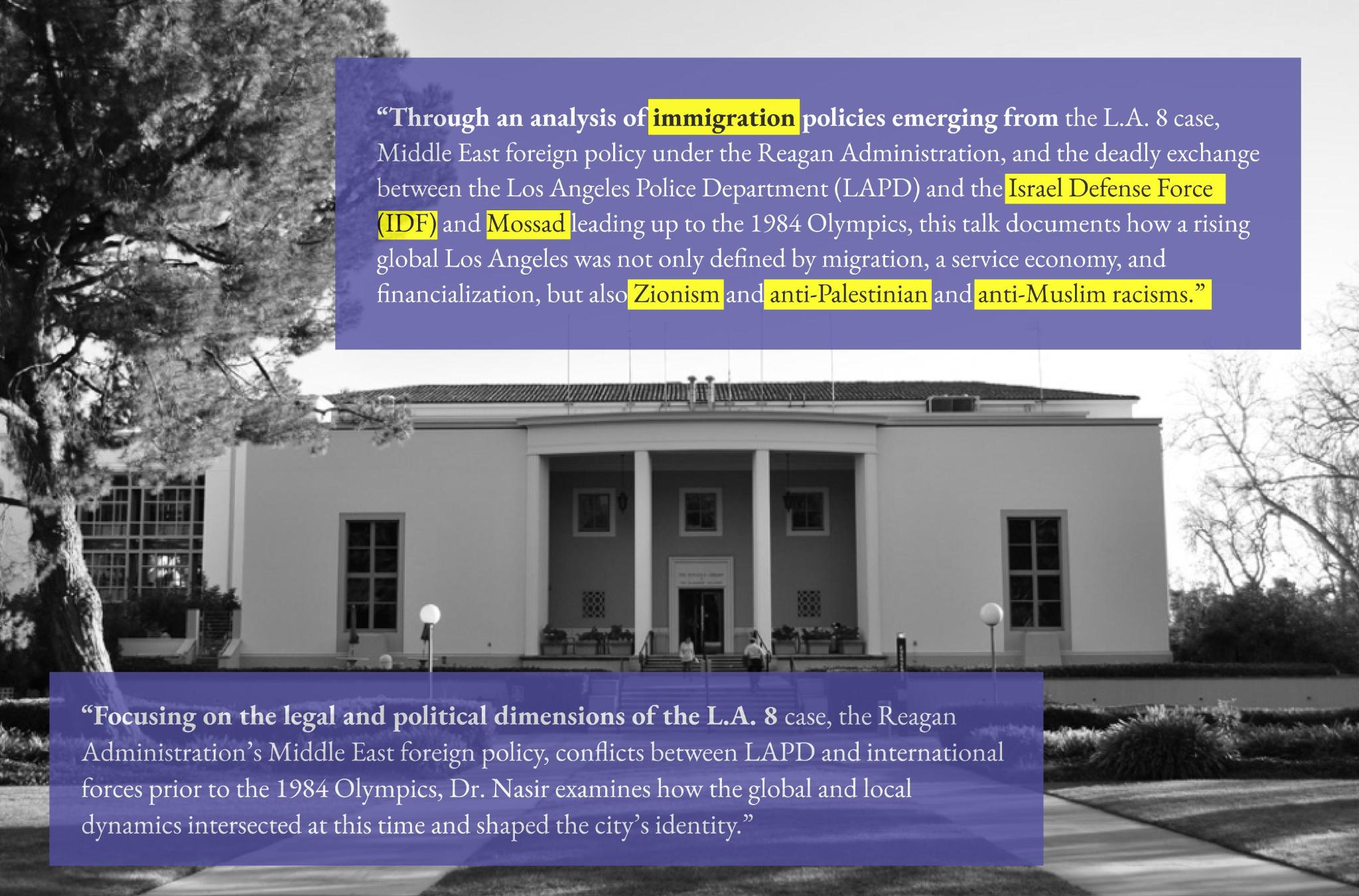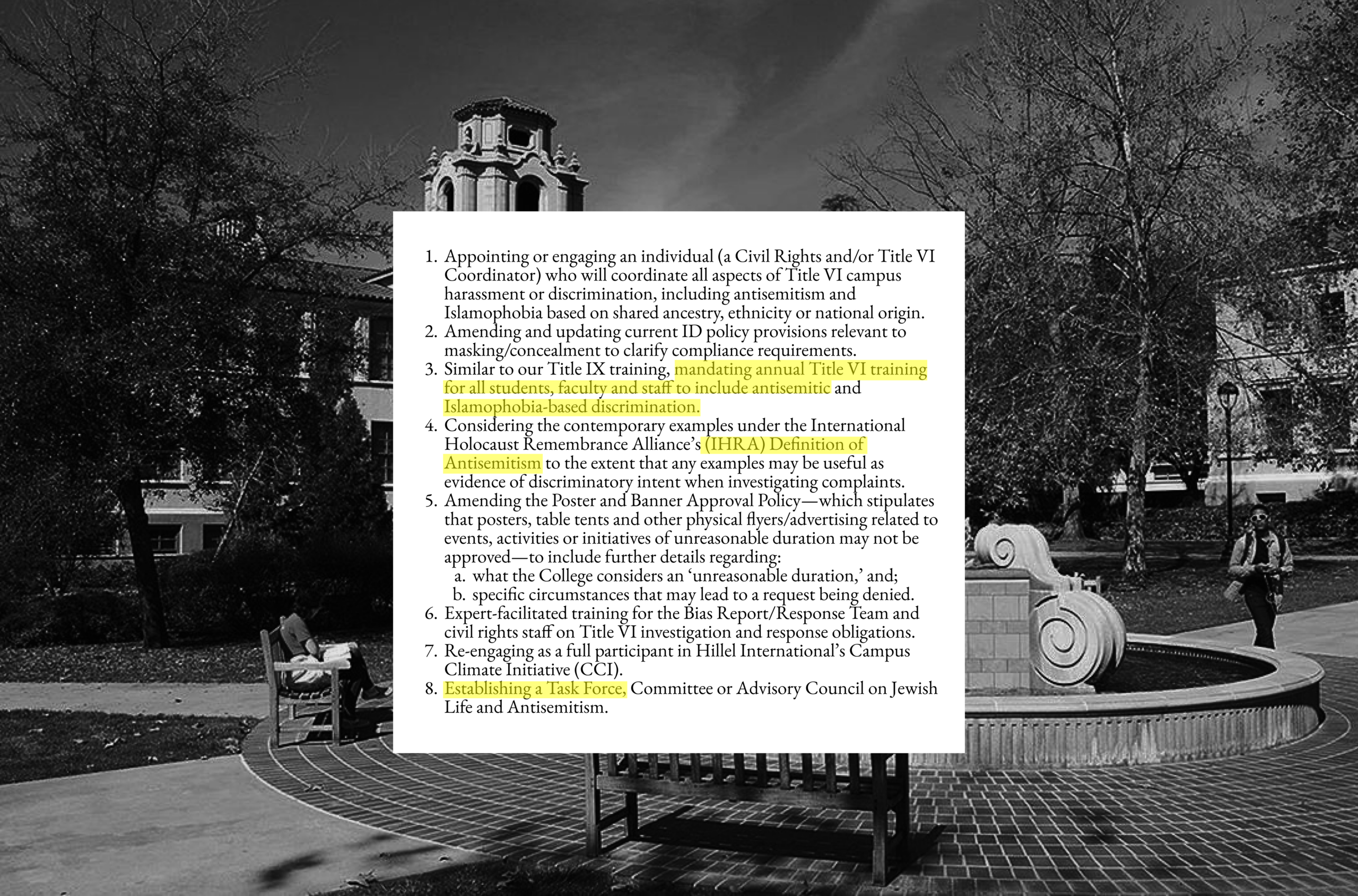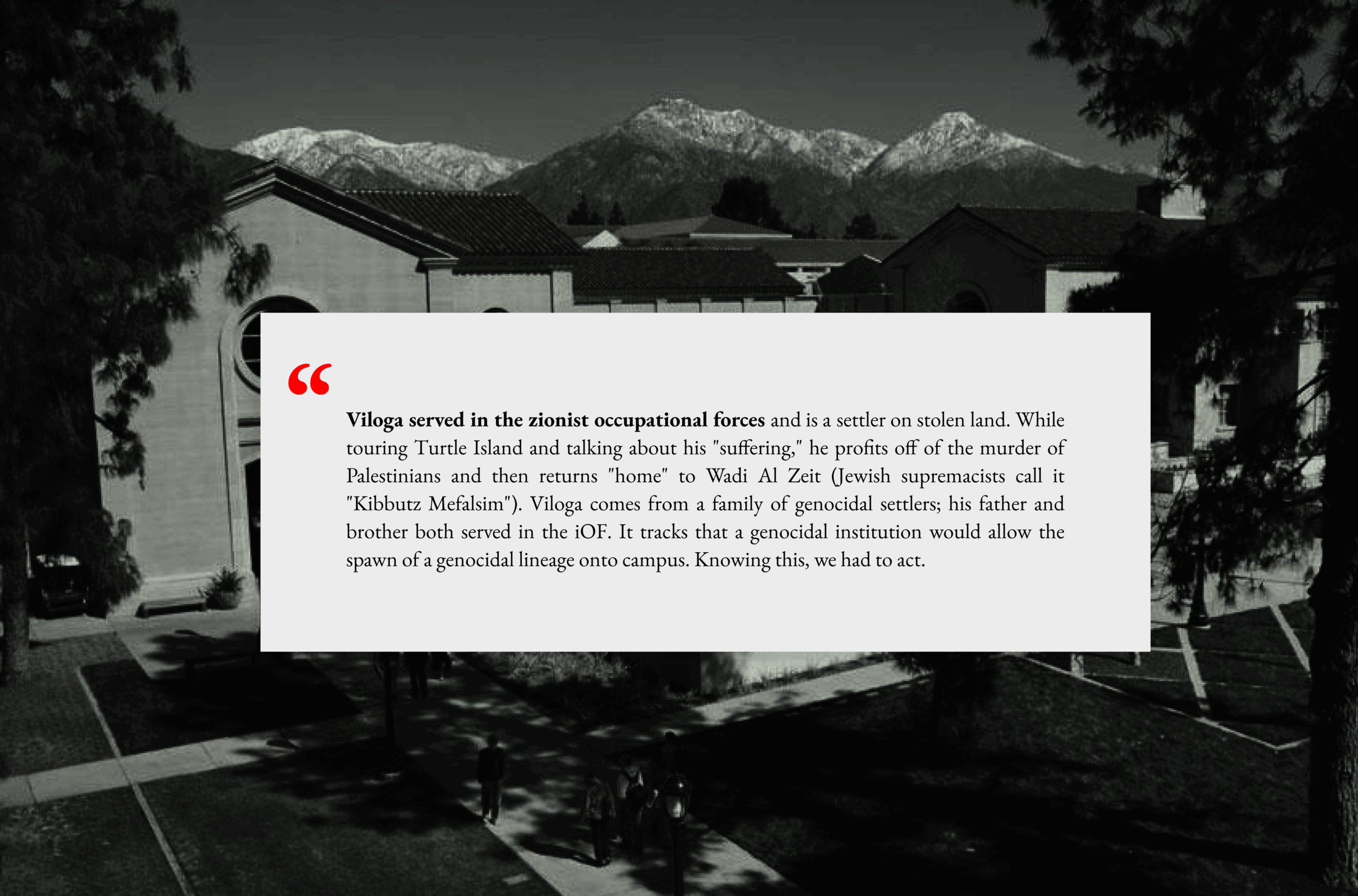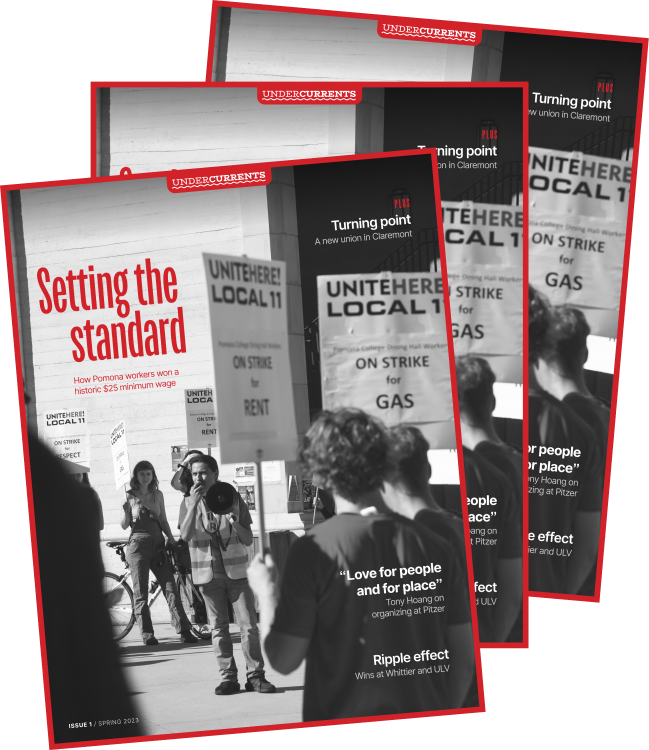
September 28, 2025
The Middle East Studies Association sends a letter to the Claremont College library's condemning the censorship of Nasir's use of 'Palestine' in the title and abstract of his lecture.

On Sept. 15, the Middle East Studies Association published a statement condemning the violation of Professor Bilal Nasir’s academic freedom and the censorship of the title and abstract of his talk “West Coast Strategy: Policing Palestine in the World City.”
Nasir was scheduled to give the talk on Oct. 23 at the Claremont Colleges Library as a part of the “Claremont Discourses” series. However, on Sept. 12, chair of the Claremont Discourses series, Dr. Katie Kohn, reached out to Nasir on Sept. 12 requesting him to remove the words “Palestine,” “IDF,” “Mossad,” “Zionism” and “anti-Muslim racism” from his abstract.
The following is a full copy of the statement.
We write on behalf of the Middle East Studies Association of North America (MESA) and its Committee on Academic Freedom to express our concern about the demand by the Claremont Colleges Library that Professor Bilal Nasir of Pomona College change the title and abstract of a lecture he had been invited to present in the library’s “Claremont Discourse” series. The series claims to be “a forum for faculty at the Claremont Consortium to present current research, publications, and creative projects from a wide variety of disciplines.” However, the demand to delete key terms – terms that are central to the content of Professor Nasir’s research – constitutes a blatant act of censorship and a grave violation of the principles of academic freedom.
MESA was founded in 1966 to promote scholarship and teaching on the Middle East and North Africa. The preeminent organization in the field, the Association publishes the prestigious International Journal of Middle East Studies and has nearly 2,800 members worldwide. MESA is committed to ensuring academic freedom and freedom of expression both within the region and in connection with the study of the region in North America and outside of North America.
Professor Nasir was scheduled to present a public talk about his research in the Claremont Discourse Series on 23 October 2025. Over the summer, Dr. Katie Kohn, chair of the committee that oversees the Claremont Discourse series, asked Professor Nasir to confirm his title and abstract. On 12 August 2025 Professor Nasir submitted his updated talk title, “West Coast Strategy: Policing Palestine in the World City,” along with his abstract for a presentation based on a chapter of his book manuscript. One month later, on 12 September 2025, Dr. Kohn informed Professor Nasir that “We would like to propose a revision to your title and topic description to make it more conducive to our outreach efforts… and for the diverse audience we aim to serve.”
The proposed revision removed the word “Palestine” from Professor Nasir’s title and made substantive changes to the abstract. For example, the second sentence of Professor Nasir’s original abstract read:
Through an analysis of immigration policies emerging from the L.A. 8 case, Middle East foreign policy under the Reagan Administration, and the deadly exchange between the Los Angeles Police Department (LAPD) and the Israel Defense Force (IDF) and Mossad leading up to the 1984 Olympics, this talk documents how a rising global Los Angeles was not only defined by migration, a service economy, and financialization, but also Zionism and anti-Palestinian and anti-Muslim racisms.
This language was replaced in the revised abstract by:
Focusing on the legal and political dimensions of the L.A. 8 case, the Reagan Administration’s Middle East foreign policy, conflicts between LAPD and international forces prior to the 1984 Olympics, Dr. Nasir examines how the global and local dynamics intersected at this time and shaped the city’s identity.
Professor Nasir rejected these proposed revisions as a violation of his academic freedom and withdrew from the series. Dr. Kohn responded by claiming that “Our intent was not to censor, but to frame the description in a way that speaks to as broad an audience as possible.” It is clear to us that the edits that Dr. Kohn proposed eliminated key components of Professor Nasir’s research, replacing them with terms that are not at all equivalent to the deleted elements; as such they represent an egregious act of censorship of scholarly work.
Moreover, the claim used to justify the revisions, that they would appeal to a more “diverse” or “broad” audience, is the kind of language that has often been deployed to suppress perspectives that depart from or challenge dominant discourses and has been used historically in the United States to censor non-white perspectives. We also note that Professor Nasir is a pre-tenure scholar whose presentation was based on a chapter of his book manuscript in progress, such that the Claremont Discourse Series appears to be attempting to suppress the academic freedom of a faculty member who does not yet have the protections of tenure.
We understand that colleges and universities across the country are facing heightened pressure from donors, politicians, and organizations pursuing a political agenda that seeks to silence opinions with which they disagree. In the face of such pressures, this country’s institutions of higher education should insist on defending academic freedom by, among other things, creating and protecting spaces in which a broad range of perspectives can be expressed, debated and criticized. The Claremont Discourse series should be such a place.
We therefore urge you and your colleagues who oversee the Claremont Discourse series to reinstate Professor Nasir’s October 2025 talk with his uncensored title and abstract. We further call upon the Claremont Discourse Series and the Claremont Colleges Library to actively cultivate an atmosphere of free academic inquiry and discussion, and to publicly and vigorously affirm your commitment to academic freedom and put in place an explicit policy that embodies that commitment.


Commentary

Palestine

Palestine

Undercurrents reports on labor, Palestine liberation, prison abolition and other community organizing at and around the Claremont Colleges.

Issue 1 / Spring 2023
Setting the Standard
How Pomona workers won a historic $25 minimum wage; a new union in Claremont; Tony Hoang on organizing
Read issue 1